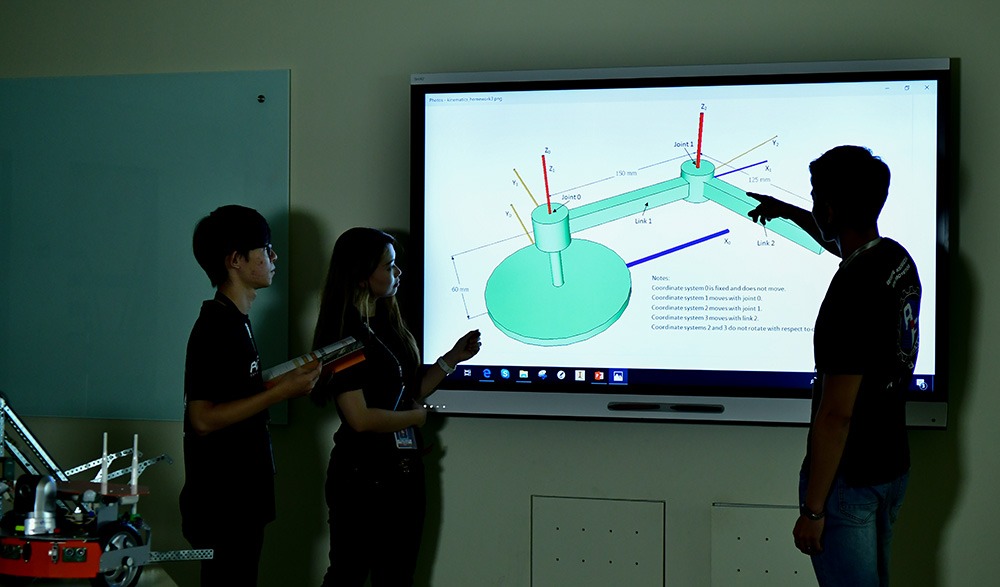Diploma in Information Technology
The Diploma in Information Technology programme aims to provide students with computing knowledge in planning, implementation, configuration and maintenance of computing infrastructure. Students will be exposed to various programming languages and web technologies with which they would be able to configure, integrate and deploy systems as well as provide technical support within an organisation.
The curriculum covers areas such as programming, database, software design, operating systems, data communication and networking, as well as mathematics. Apart from the technical subjects, students will also be exposed to soft skills such as writing and presentation skills to help enhance their interaction and communication and prepare them for real-life working environment.
After completion of the Diploma in Information Technology programme, graduates can opt to continue for a related degree programme from either the Faculty of Computing and Informatics (FCI) or the Faculty of Information Science and Technology (FIST).

PROGRAMME COORDINATOR

